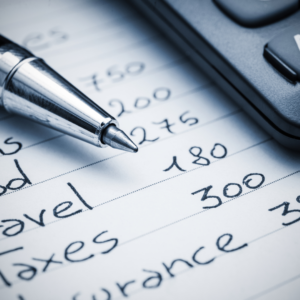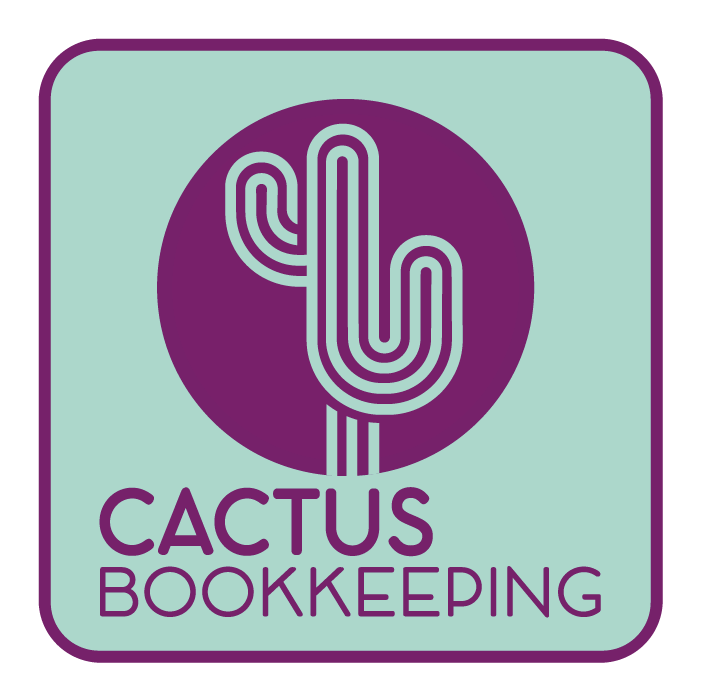Five Self-Assessment expenses you didn’t know you could claim

Your Self-Assessment reports your taxable profit to HMRC, so it’s important to ensure you have claimed for all your relevant tax allowable costs incurred in running your business. Below are five costs commonly missed by business owners:
Work Clothing
Now this is one of those things that causes a lot of confusion for business owners, so pay attention! You are permitted to claim specific items of clothing for your business, including uniforms, specialist clothing such as overalls or steel capped safety boots, or costumes (for actors and entertainers if relevant to your business). Be aware, you cannot claim for the regular clothing you wear for work, as this could also be used for personal use.
Bank Charges
If you incur bank and credit card charges, interest, or overdraft fees, these are treated as a business expense. Note these should be entered “exempt” of VAT. If you are using cash basis accounting, you can only claim up to £500.00.
Training Costs
As long as the training is directly related to the business and improves or refreshes skills, the whole cost of the training (including the cost of the course, travel, and accommodation) can be claimed. You cannot claim for training courses that help you start a new business or expand your existing business into a new area that is not directly related to what you do.
Subscriptions
Subscriptions to trade journals or professional membership fees that relate to your job are permitted for you or an employee.
Unpaid Invoices
HMRC allows you to claim for any amount of money included in your turnover that you are not going to receive. This is known as a “bad debt,” and the only real prerequisite for including it in your expenses is that you must be sure that these invoices will never be recovered from a customer in the future.


ABOUT SUE
Sue Haynes is the founder of Cactus Bookkeeping and helps business owners
with all aspects of Bookkeeping to save them time so they can concentrate on running their
business. Sue is licensed, regulated and supported by the Institute of Certified Bookkeepers (ICB)
